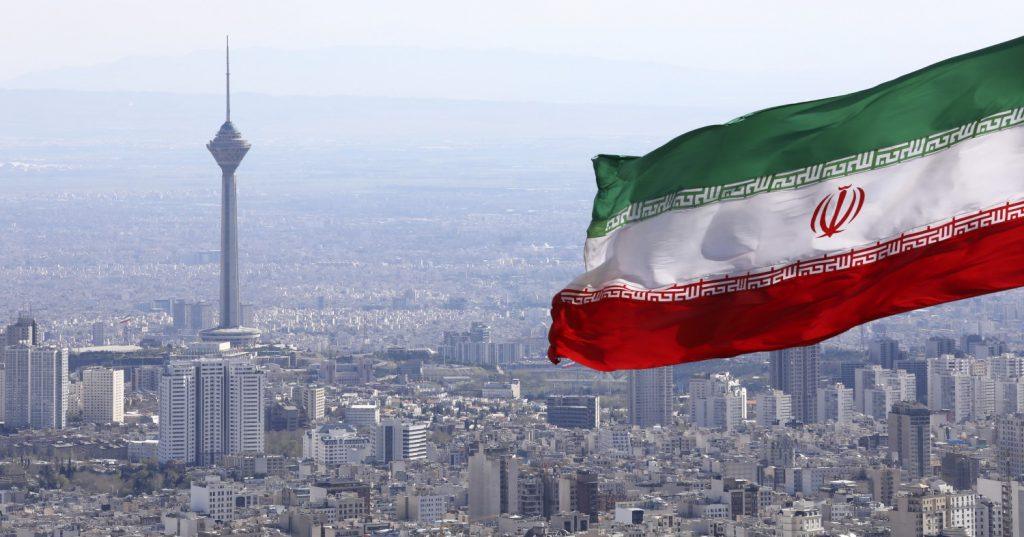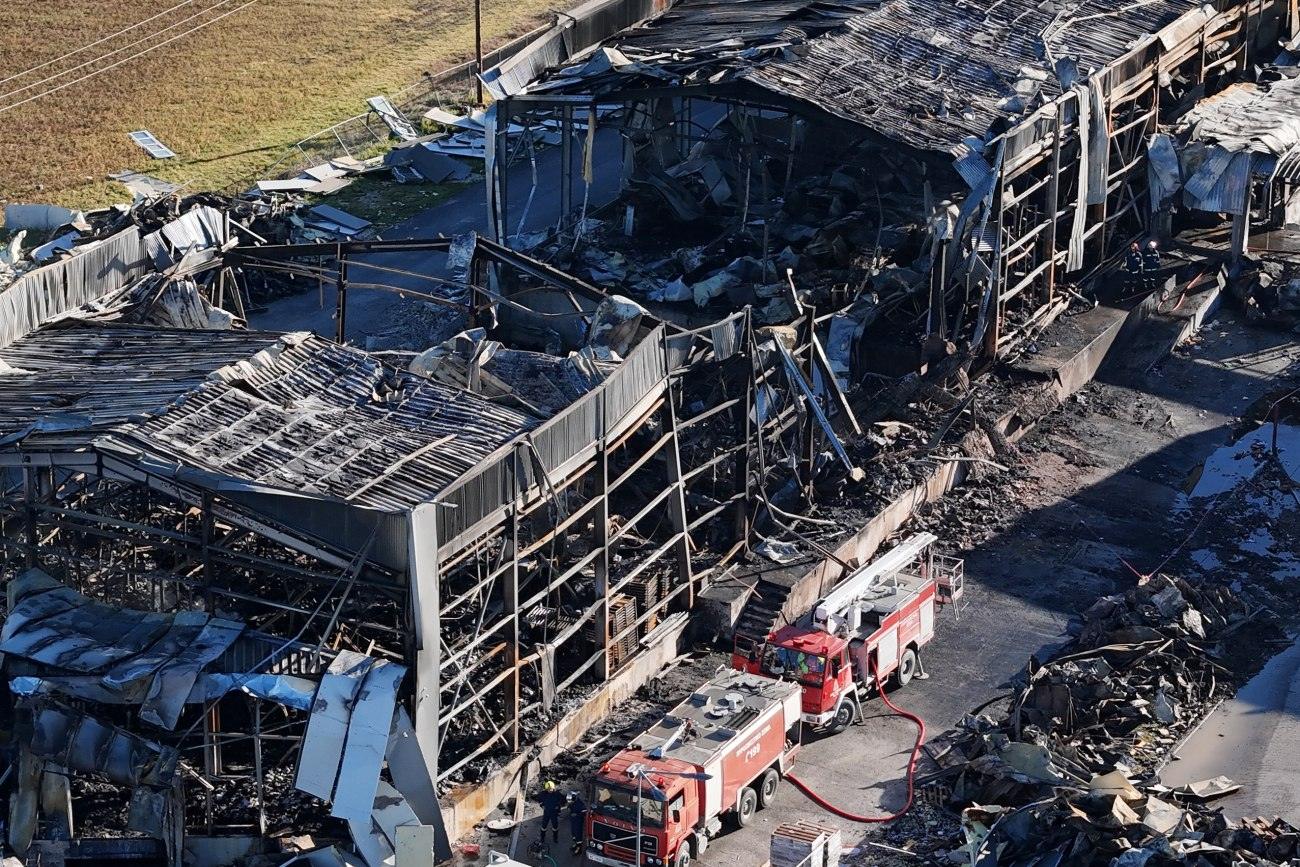July in Greece is once again defined by scorching temperatures and sun-scorched landscapes — but this summer, the rising heat is highlighting a far more pressing and persistent issue: water scarcity. As climate pressures mount, the Greek government is moving forward with a major €11 billion investment plan to overhaul its fragmented water management system.
Amid growing concerns over droughts and a steadily worsening water crisis, Greece is preparing a comprehensive reform aimed at modernizing and unifying its water infrastructure. According to a government-commissioned study by Deloitte, the country urgently needs structural changes to ensure long-term water supply and sustainability.
A National Water Strategy in the Making
The Deloitte report details how disorganized management and aging infrastructure have hindered Greece’s ability to meet water demands, especially during peak summer months when tourism surges and irrigation needs spike.
On June 13, a high-level meeting chaired by Deputy Prime Minister Kostis Hatzidakis was held in Athens to discuss the findings and outline the steps required to implement the proposed reforms. The urgency was underscored by figures showing a 139% increase in water consumption for public supply between 2001 and 2022, largely driven by tourism, climate change, rising per capita use, and inefficient distribution systems that lose up to half the water through leaks.
The Financial Blueprint
To address these challenges, Greece plans to invest over €10 billion in water supply and irrigation projects. This figure may climb higher once new assessments are completed in 2025. An additional €500–700 million is estimated for water needs in the greater Athens area alone.
The strategy focuses on several high-risk regions, including the South Aegean islands, the Ionian islands, Crete, Thessaly, and the Peloponnese, taking into account local climates and population demands. However, funding such large-scale projects requires creditworthy entities that can attract financing.
The European Investment Bank (EIB) is expected to be a key partner, potentially providing up to €3 billion annually for qualified water management projects. But most of Greece’s local water authorities, known as DEYA (municipal water companies) and TOEV (irrigation improvement organizations), currently lack the financial stability and regulatory oversight to qualify.
The Reform Model: 45 New Corporate Water Entities
To overcome these institutional limitations, the government is considering the creation of 45 new corporate entities — one for each of Greece’s river basins or designated regions. These newly formed public companies will consolidate existing infrastructure, assets, and debts from local water and irrigation bodies. They will also be responsible for new project execution and will collectively own and manage local water infrastructure.
Water Scarcity Greece
This consolidation aims to improve governance, attract investment, and ensure financial viability. Through these reforms, the new companies will gain creditworthiness without burdening Greece’s public debt, thus meeting EIB lending criteria.
Rising Water Costs on the Horizon
With major upgrades in the pipeline, water prices are expected to rise, potentially exceeding EU averages in some regions. The Deloitte study, referencing data from the European Federation of National Associations of Water Services (EurEau), notes that water costs will increase due to several factors: infrastructure recovery costs, inefficiencies in current systems, and the need for future-proof investments like network digitization and new water treatment facilities.
Currently, Greece enjoys relatively low water prices (€1.30/m³), especially when compared to countries like Austria (€3.70/m³) or Denmark (€9.32/m³). However, future pricing may disproportionately impact regions already struggling with water shortages.
A Delicate Balance with Local Communities
To ensure smooth implementation, a dedicated communication task force is proposed to guide public outreach and maintain transparency during all phases of the reform.
The stakes are high. Greece’s water security — and by extension its economic and environmental stability — depends on a system capable of adapting to a hotter, drier future.
Source: Tovima.com
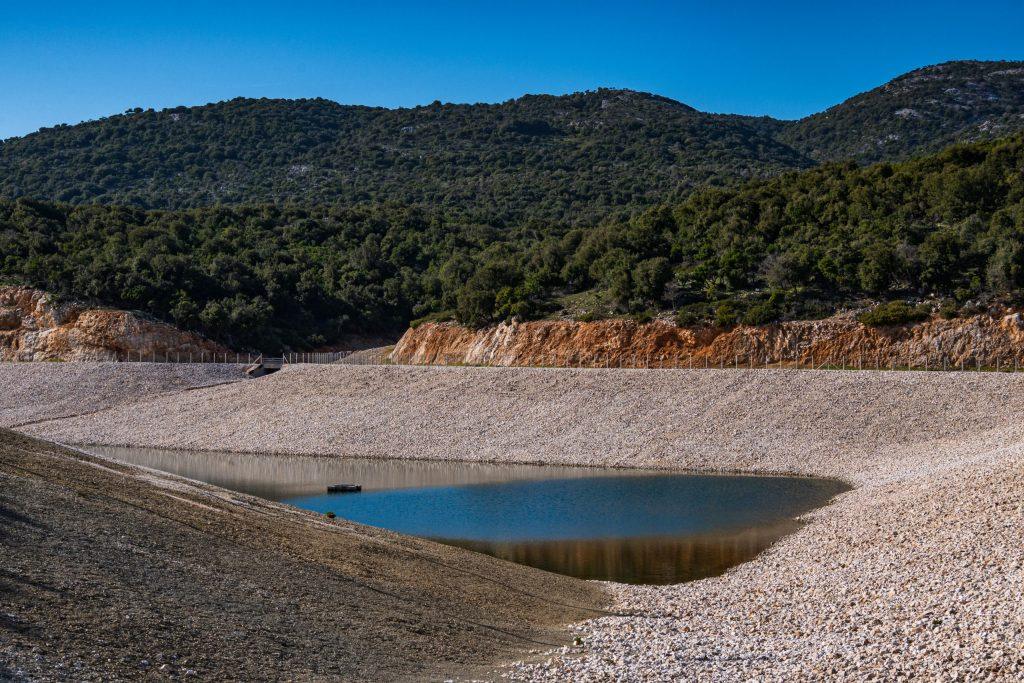














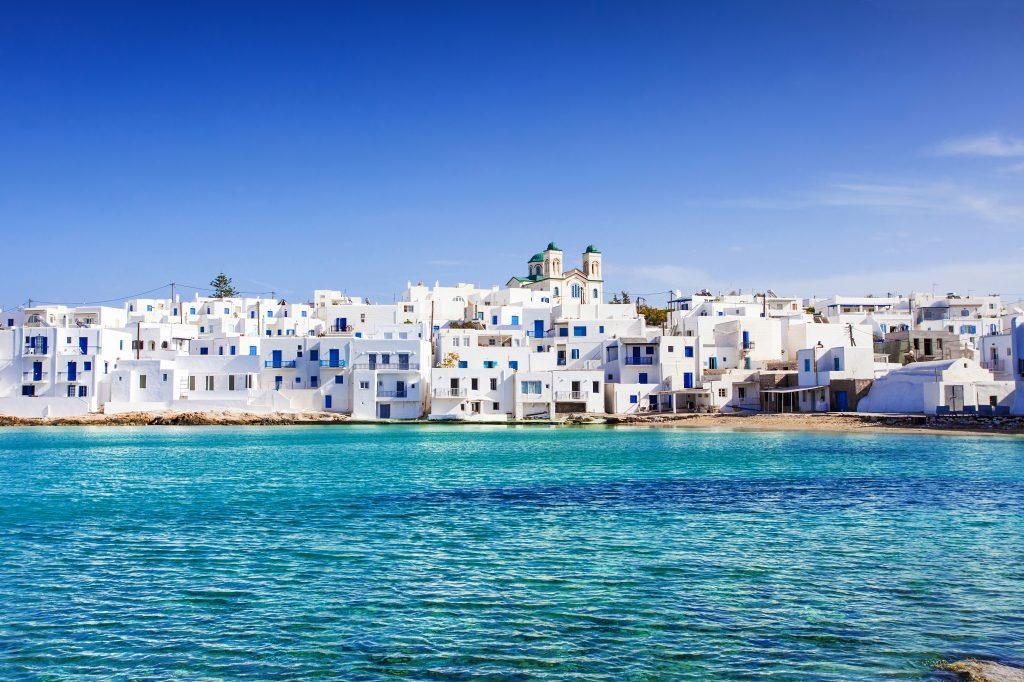
![Γραφεία: Πόσο πωλείται το τ.μ. – Οι φθηνές, ακριβές περιοχές [γραφήματα]](https://www.ot.gr/wp-content/uploads/2026/01/grafeia.png)
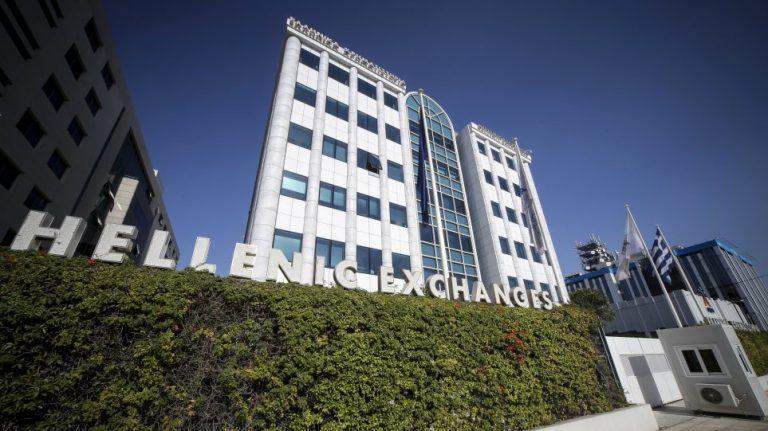






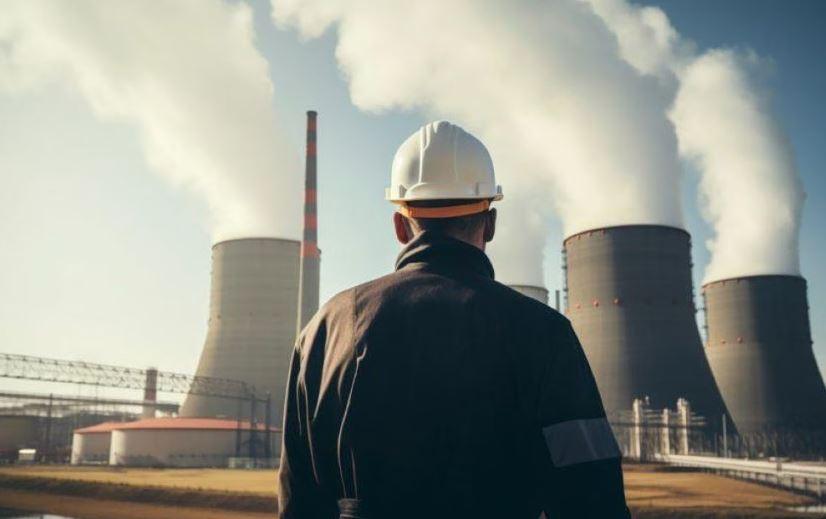


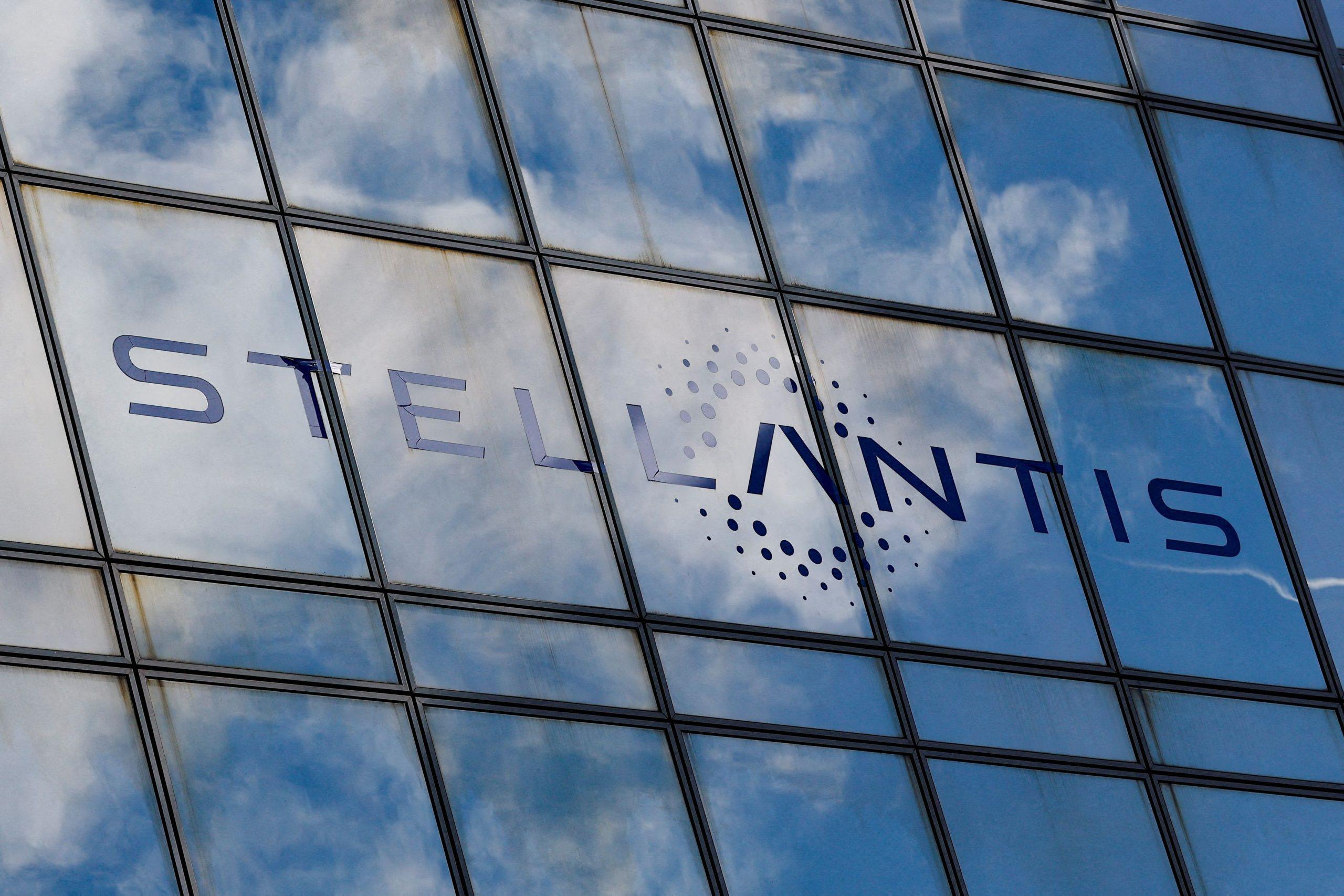






![Ρωσία: Η πολεμική μηχανή του Πούτιν ξεμένει από καύσιμα [γράφημα]](https://www.ot.gr/wp-content/uploads/2025/10/RUSSIA-MARKETS-1024x654-1-768x491-1.jpg)
